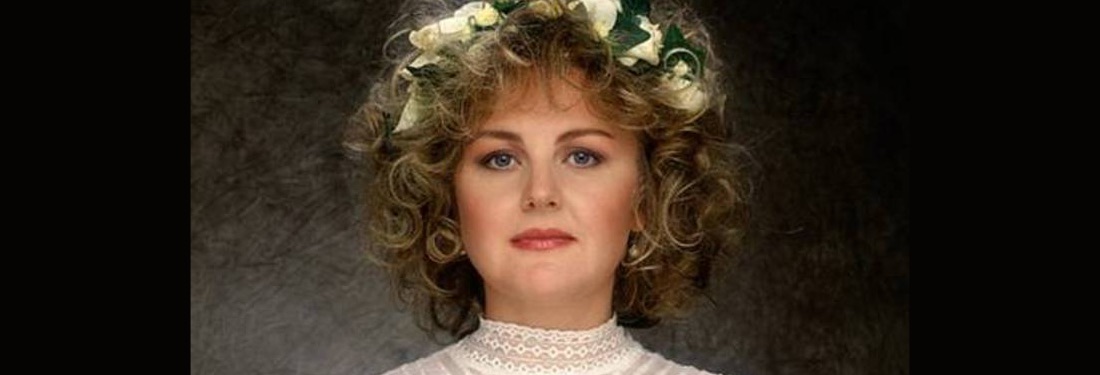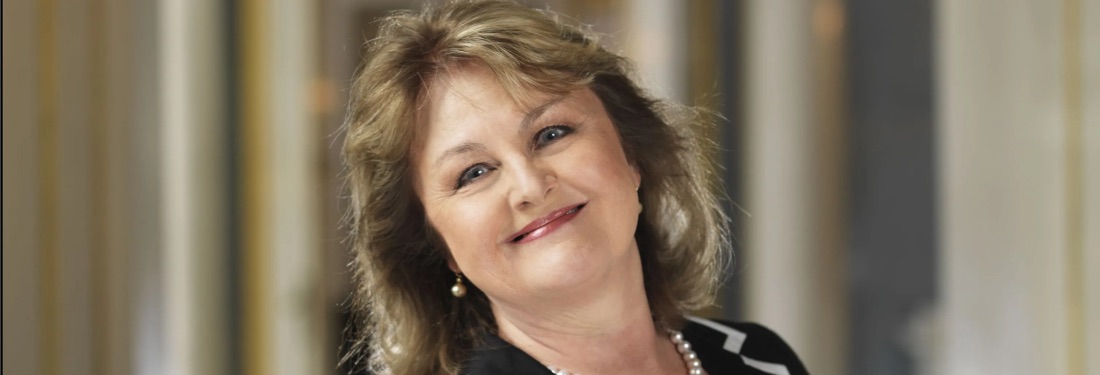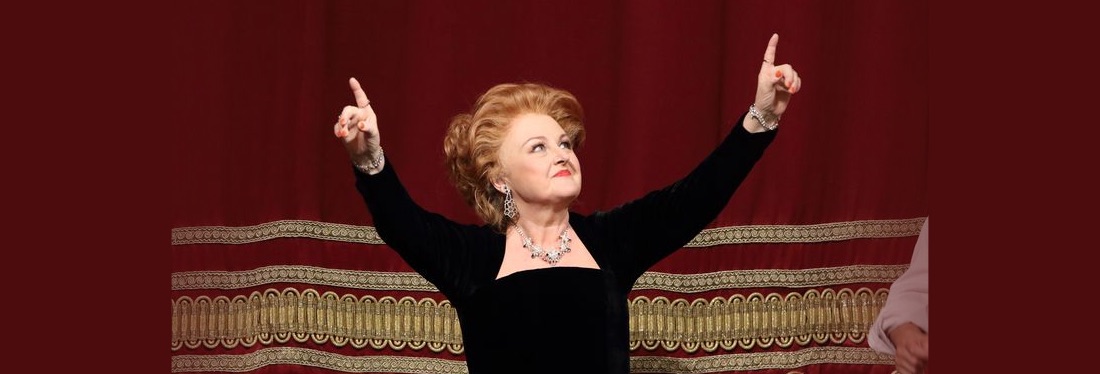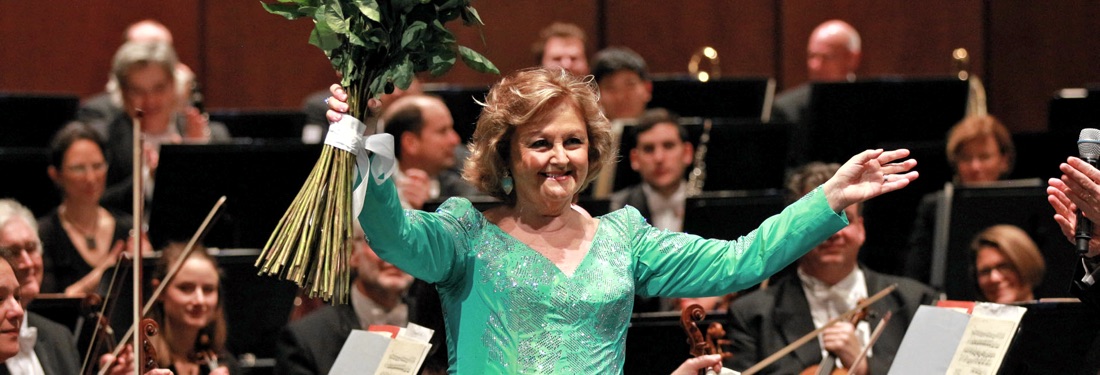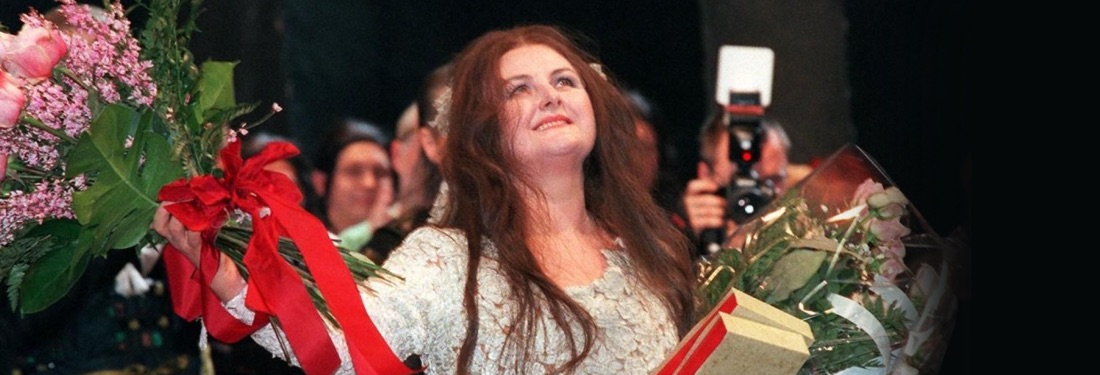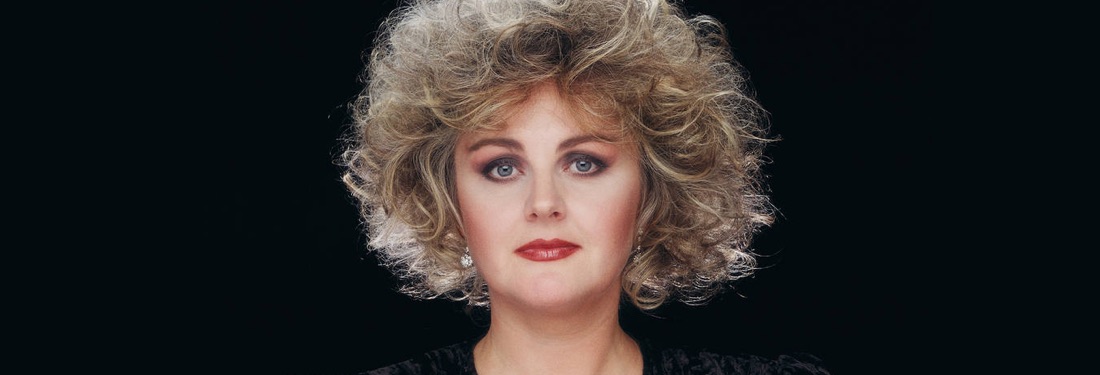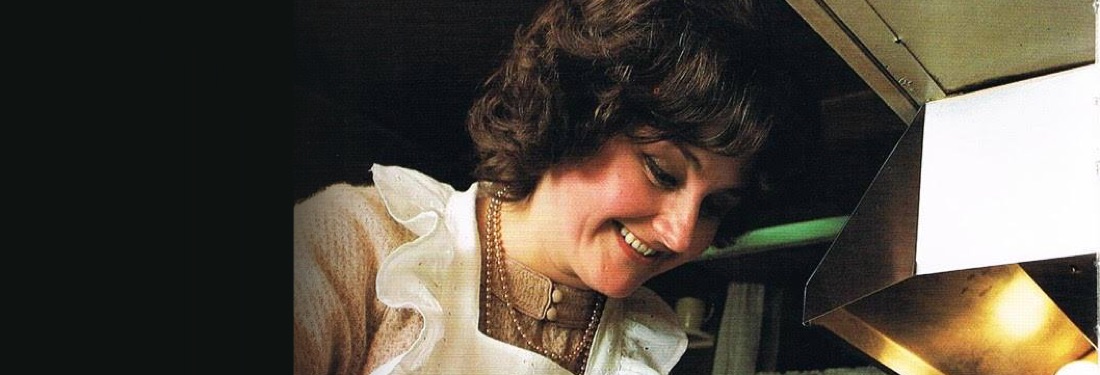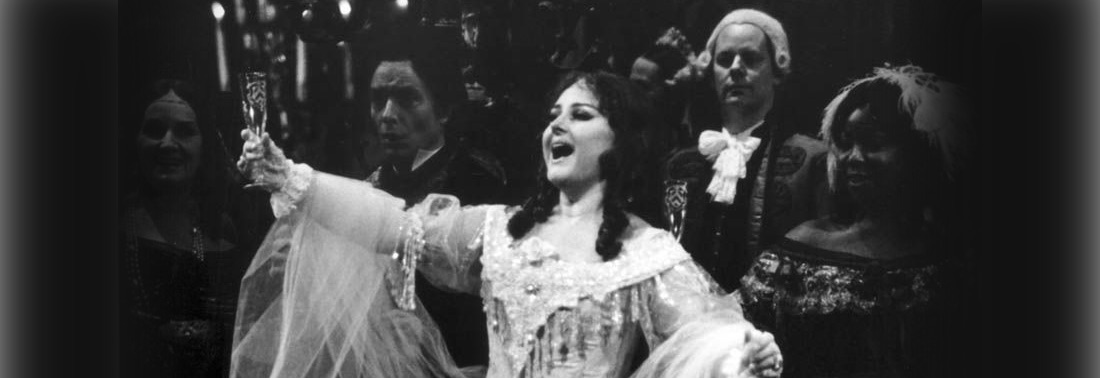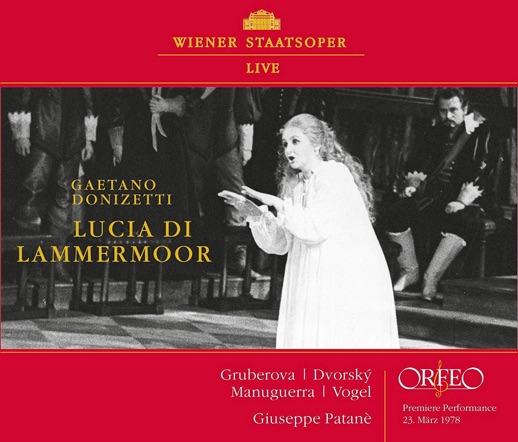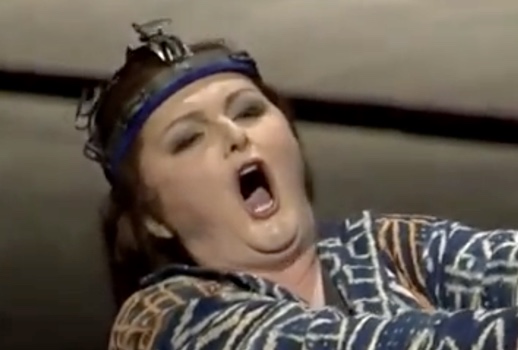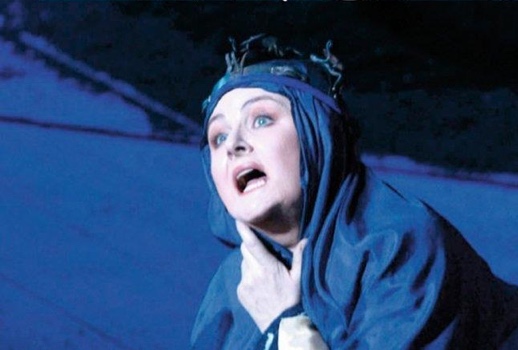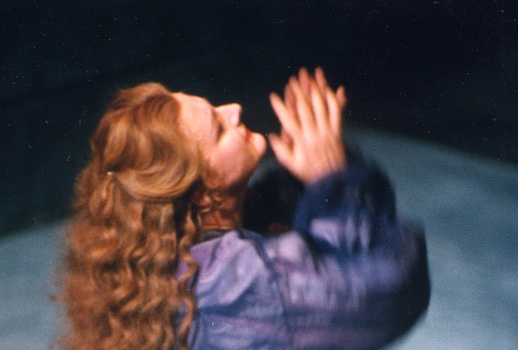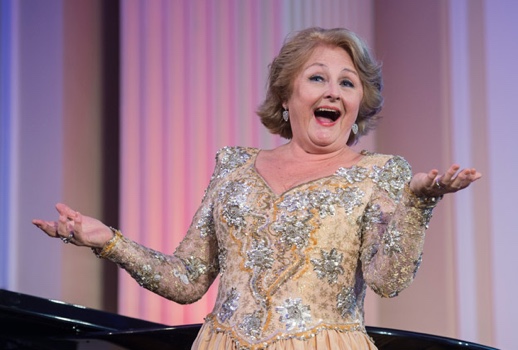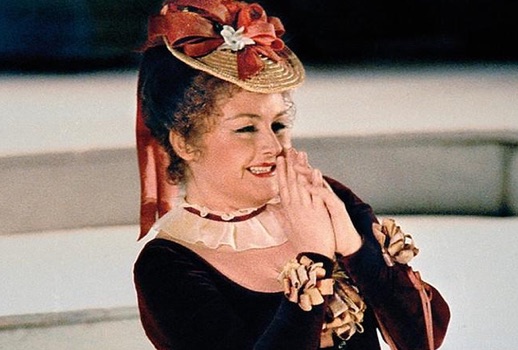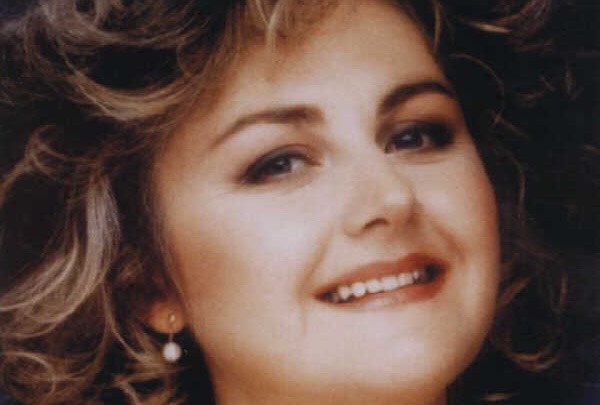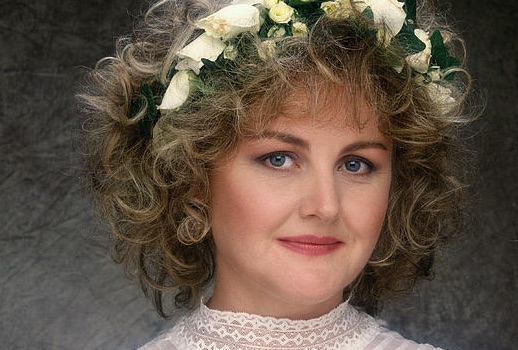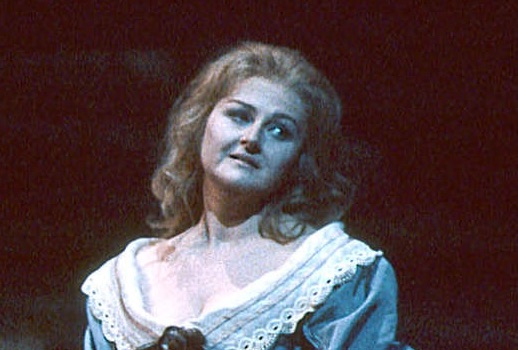
Edita Gruberová was one of the most fascinating individuals I have ever known.
Edita Gruberova considered her greatest pride and loves not her career but her daughters Klaudia and Barbara and grandchildren Cris, Denis, and Alyssa.
Despite the diminishing returns of her vocal means, Edita Gruberova‘s last years of her career were if anything more successful than ever.
The worst criticism perhaps was the gleeful Schadenfreude noting Edita’s voice wasn’t as under her command as it used to be.
Artistic temperament she had, but not including self-centered megalomania. She was one of the most fully human individuals I have ever known.
I had no idea whatsoever of the reality of the life of this strong, vibrant woman I had gotten to know, the traumas she suffered; the extent and the horror of her experiences was all very surreal to me.
The 1990s effectively signaled a new phase in Edita Gruberova‘s career with her undertaking more demanding, heavier roles, while still essaying Zerbinetta and Lucia.
The entire dinner was spent discussing conductors.
You know in some of those old Jeanette MacDonald movies where she plays a prima donna and receives applause in a public setting? That’s just what happened when the three of us walked into that restaurant, one patron calling out “Brava!”
I proposed to Edita that we turn my 20-page paper into a book, a musical biography.
I never fathomed I’d be writing words as these this soon.
In tribute to Edita Gruberova, a 2010 performance of one of her favorite later-career vehicles, Lucrezia Borgia.
The Slovak soprano, whose career spanned more than 50 years, died yesterday in Zurich. She was 74.
Happy 73rd birthday soprano Edita Gruberova.
Happy 72nd birthday soprano Edita Gruberova.
Orfeo’s latest edition is a 1978 performance of Lucia di Lammermoor with a very estimable cast that on its surface may seem a tad mundane but the extensive liner notes (with performance photos) tell the story of why it held such magic.
If one looks at trends in the last 40 or so years, the most successful Normas are mainly those who’ve made not just bel canto, but Bellini as a mainstay in their repertoire.
Edita Gruberova takes on the requirements of the title role in Bellini’s Norma.
Edita Gruberova essentially revived and propagated the bel canto repertoire in central Europe, specifically in the German-speaking countries.
It can be confidently asserted that Edita Gruberova is one opera’s most gifted comediennes.
No 50th anniversary career tribute would be complete without covering Edita Gruberova’s legendary status as the premier Zerbinetta of her long reign in the role!
The third installment of my 50th anniversary tribute to Edita Gruberova was impossible to narrow down to one selection.
The Summer of 1983 is when “it” happened.
In observance of Edita’s Gruberova’s 50th anniversary in opera, I would like to offer a series of commentaries, over successive days, of my favorite performances.

